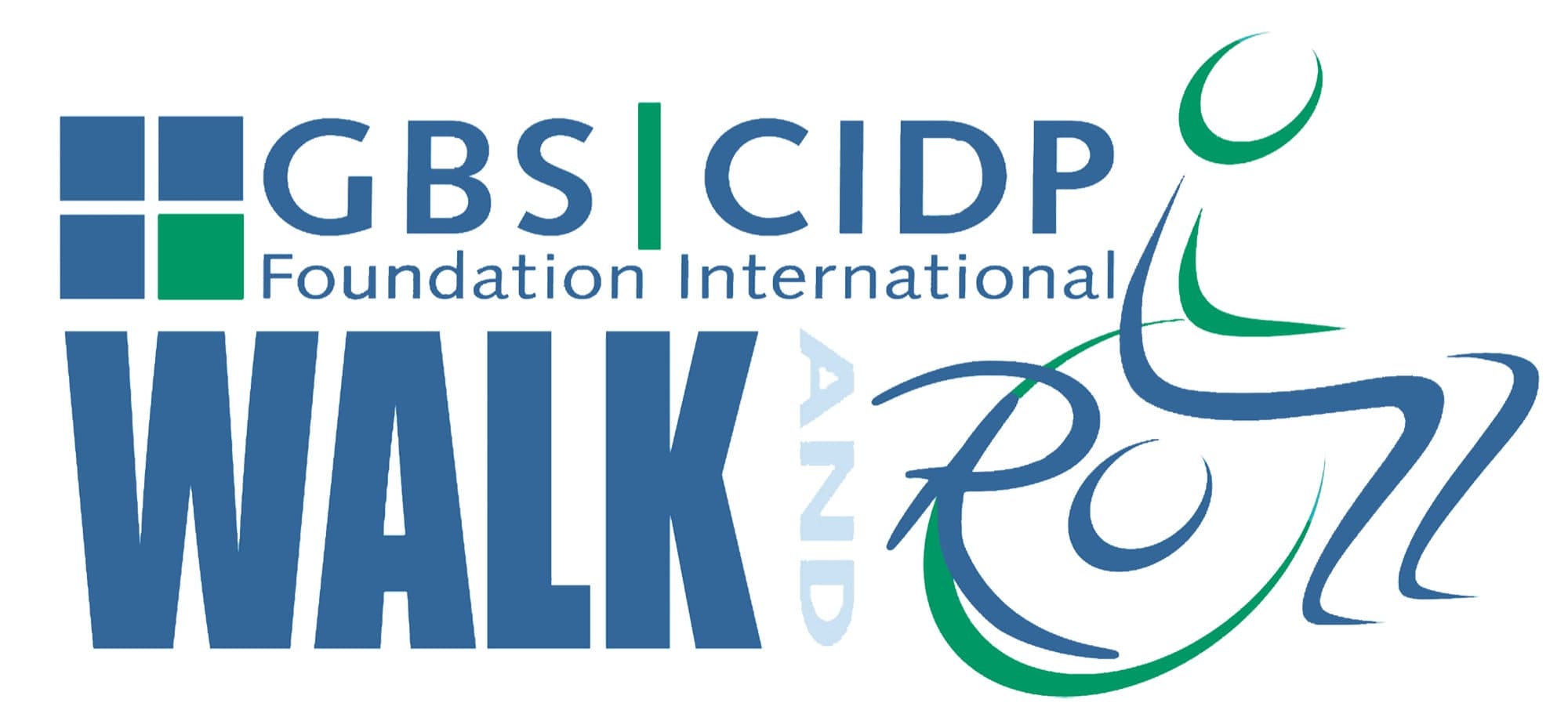GBS is a rare immune disorder that damages peripheral nerves (that is, nerves outside of the brain and spinal cord). In most people GBS is triggered by exposure to an infectious illness, and the most frequently encountered infectious illness is a gastrointestinal infection known as Campylobacter jejuni. Campylobacter jejuni is commonly transmitted through food, particularly undercooked poultry and other meats. Untreated water sources that use contaminated water from wells, lakes, rivers, and streams can also be a source of Campylobacter infection. Although GBS is very rare (it affects about 1 person per 100,000 inhabitants per year), when the triggers for GBS in a community increase then the occurrence of GBS can also increase. We are closely watching one community in Pune, a large city in the west Indian state of Maharashtra. The Pune metropolitan area is home to over 7 million persons, and within this community over 160 people have recently developed GBS. The source of the outbreak, now India’s largest ever outbreak of GBS, is suspected to come from a contaminated water source that supplies drinking water to Pune and the surrounding villages.
We encourage local authorities to continue to investigate the sources of increased campylobacter in Pune, with a particular focus on the drinking water. The World Health Organization (WHO) has sent a team of doctors to Pune for assistance with technical and on-ground field support. We encourage coordination between the WHO and local hospitals to optimize medical facilities and resources in Pune to care for those that develop GBS. We also encourage those living in or near Pune to be especially careful to avoid potential infectious exposure. We understand that local authorities have provided clean drinking water through tankers to some communities with Pune and neighboring areas. We encourage residents to take advantage of clean water sources. To minimize the risk of contracting Campylobacter, additional precautions may also be followed. These include:
· Take extra care to cook food thoroughly, ensuring it reaches a safe temperature. Avoid consuming meat that has not been adequately refrigerated.
· Ensure that the water you consume is from a safe source. If unsure, it is recommended to drink boiled or properly sealed bottled water.
· Before consuming raw fruits and vegetables ensure they are thoroughly washed with water that has been boiled or bottled.
· Frequently wash your hands with boiled or bottled water, especially after handling raw meat
If you experience numbness or weakness in your arms or legs, or develop difficulty with walking or breathing we encourage you to bring those symptoms to the attention of your doctor, especially if those symptoms develop in the days or weeks after a gastrointestinal illness (abdominal pain or diarrhea). If you have developed GBS we encourage you to work with your local health care team to manage the condition. The GBS Global Medical Advisory Board is available to answer questions from you or your doctor. We are committed to providing you with accurate and reliable information about your condition, and to support you and your doctors through these difficult times.
For more information: recent article published by Bloomberg Mumbai, 2/10/25

